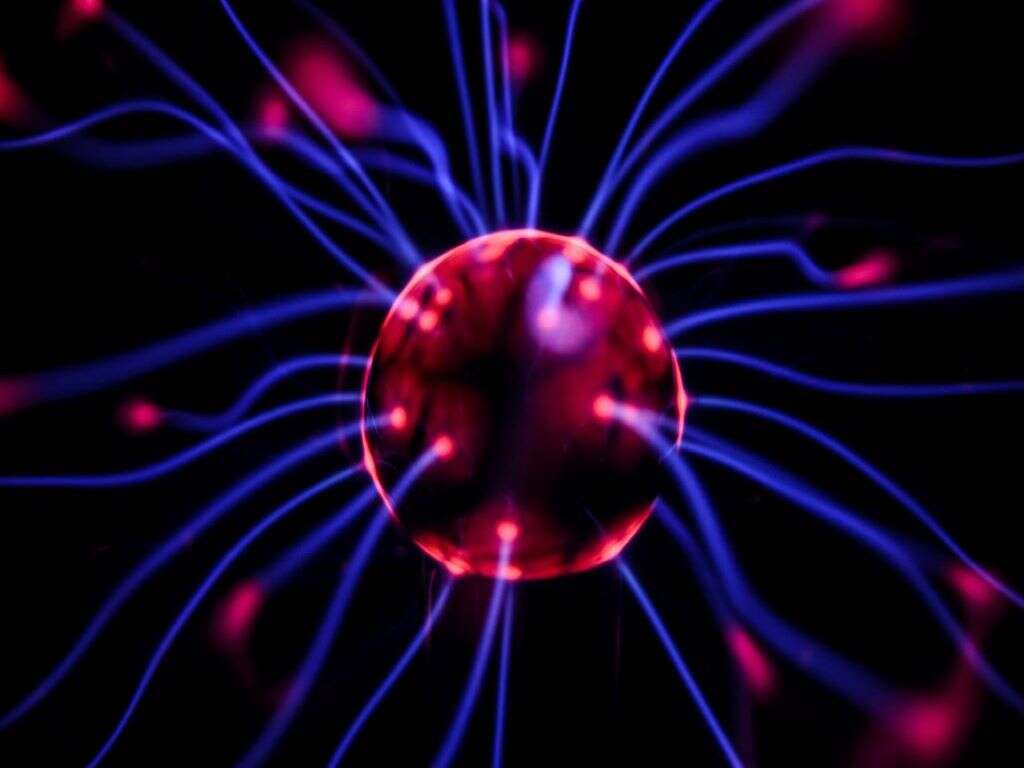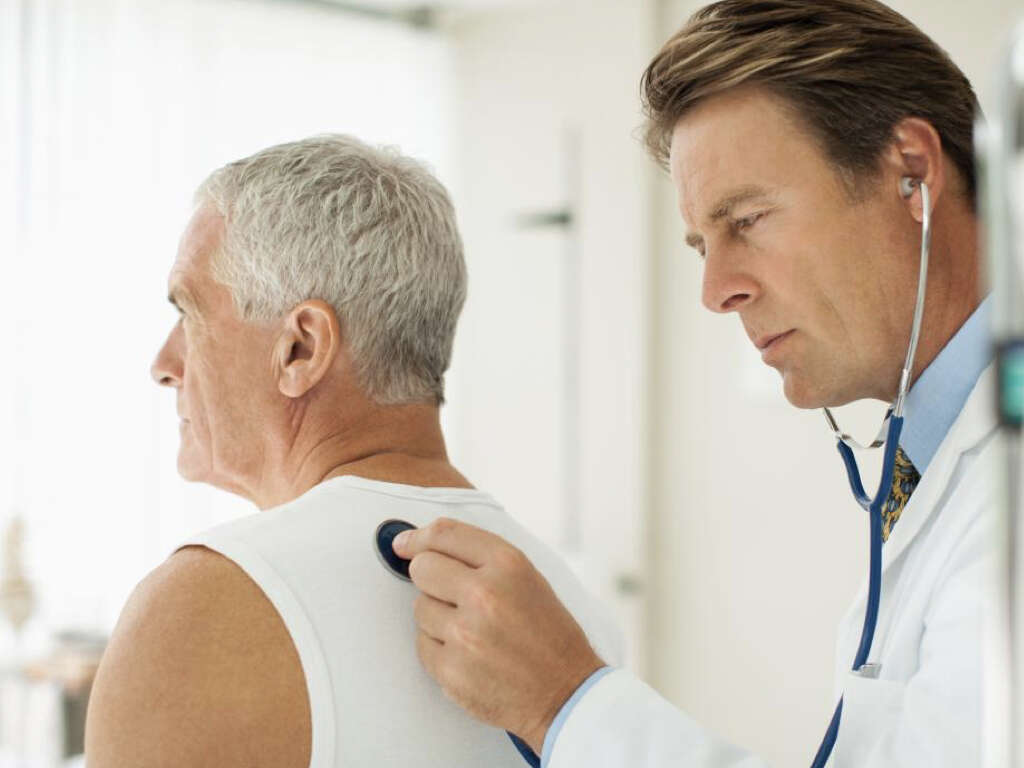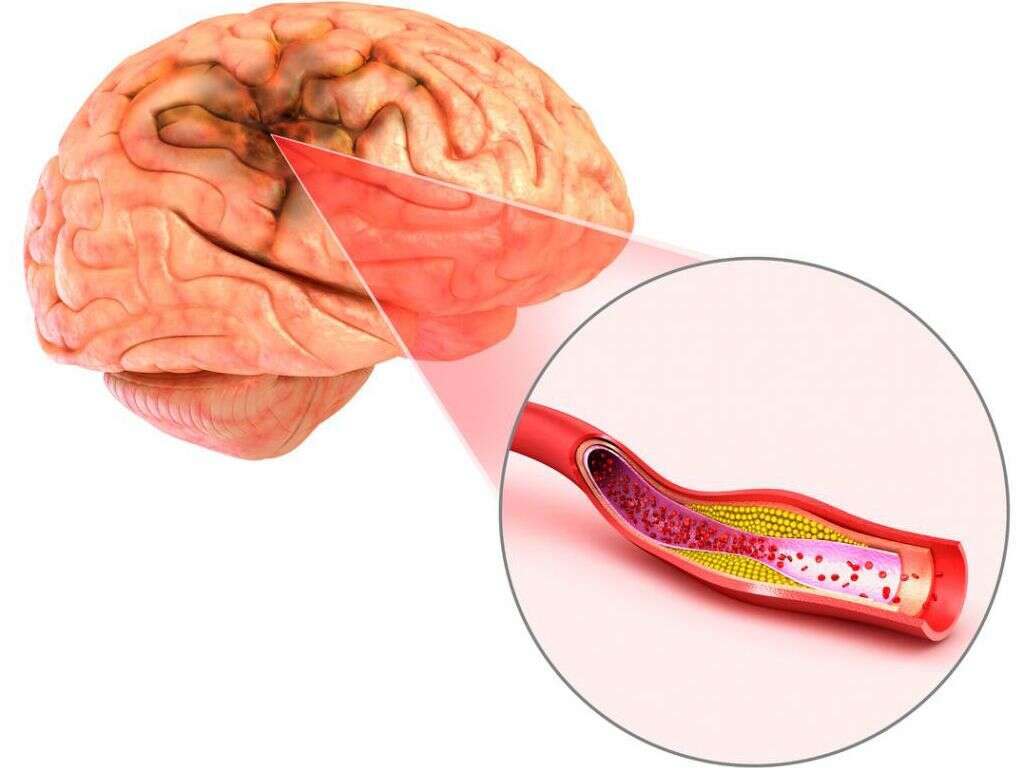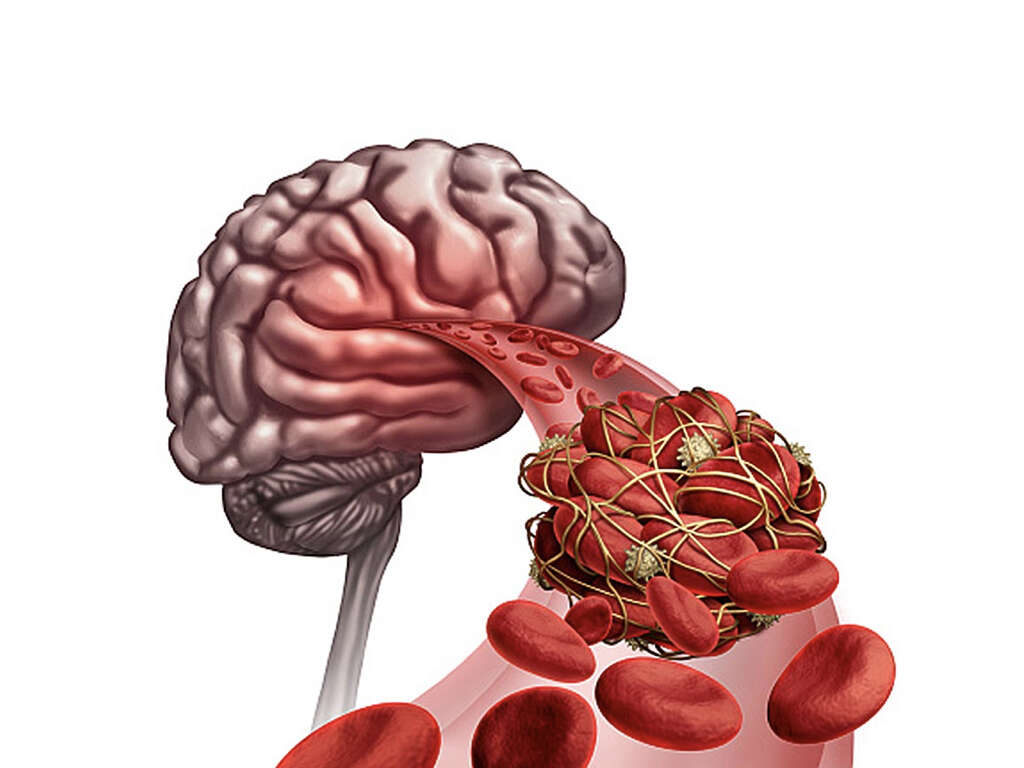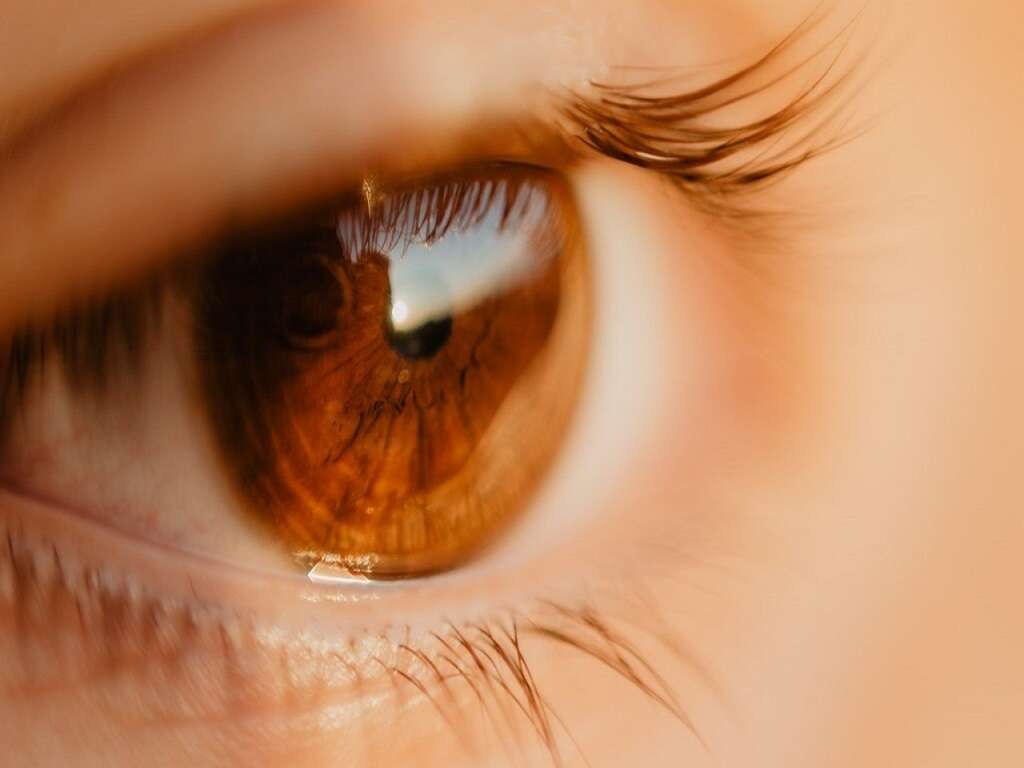10 Hemorrhagic Stroke Symptoms
 Article Sources
Article Sources
- 1. Gray, Vicki, et al. ‘Factors That Influence Muscle Weakness Following Stroke and Their Clinical Implications: a Critical Review.’ Physiotherapy Canada.ncbi.nlm.nih.gov/pmc/articles/PMC3484914/
- 2. McKenzie-White, Jane. ‘Neuropsychiatry of Stroke.’ Johns Hopkins Medicine, Based in Baltimore, Maryland, 20 June 2017, www.hopkinsmedicine.org/gec/series/neuropsych/stroke.html
- 3. Çelebisoy, Mehmet, et al. ‘Recovery of Visual-Field Defects after Occipital Lobe Infarction: a Perimetric Study.’ Journal of Neurology, Neurosurgery & Psychiatry, BMJ Publishing Group Ltd, 1 June 2011, jnnp.bmj.com/content/82/6/695.abstract
- 4. Schwab S;Aschoff A;Spranger M;Albert F;Hacke W; ‘The Value of Intracranial Pressure Monitoring in Acute Hemispheric Stroke.’ Neurology, U.S. National Library of Medicine, pubmed.ncbi.nlm.nih.gov/8757010/
Causes
A hemorrhagic stroke occurs as a result of a burst blood vessel bleeding into the brain. The blood accumulates and exerts pressure on the brain cells around the site of bleeding.4Schwab S;Aschoff A;Spranger M;Albert F;Hacke W; ‘The Value of Intracranial Pressure Monitoring in Acute Hemispheric Stroke.’ Neurology, U.S. National Library of Medicine, pubmed.ncbi.nlm.nih.gov/8757010/ In turn, the increased pressure leads to neurological problems that are recognized as the signs and symptoms of a stroke.
Hemorrhagic strokes manifest in various ways, the most common of which is the intracranial stroke. In this case, the bleeding happens inside the brain.
Advertisement
